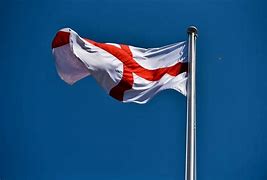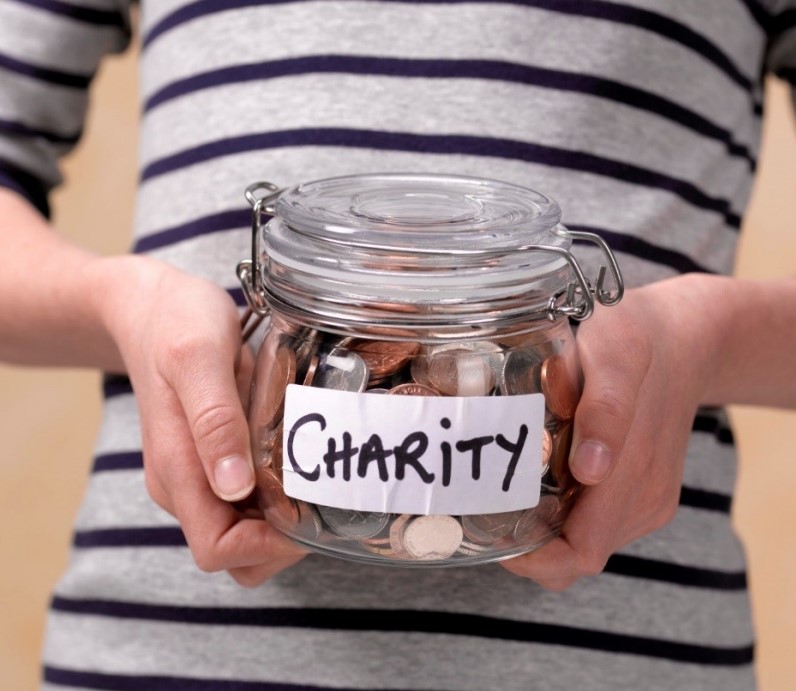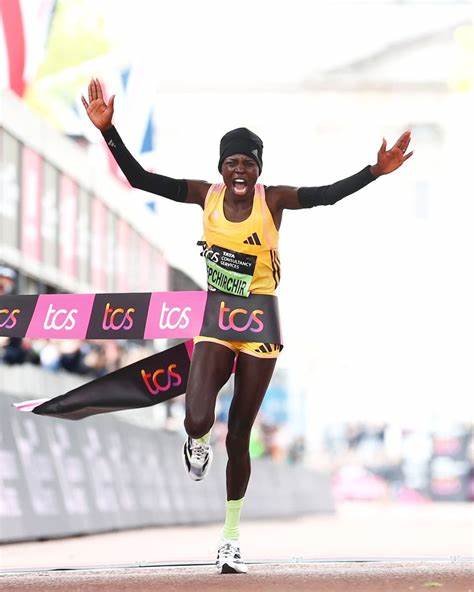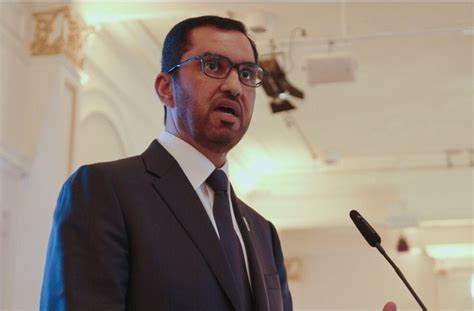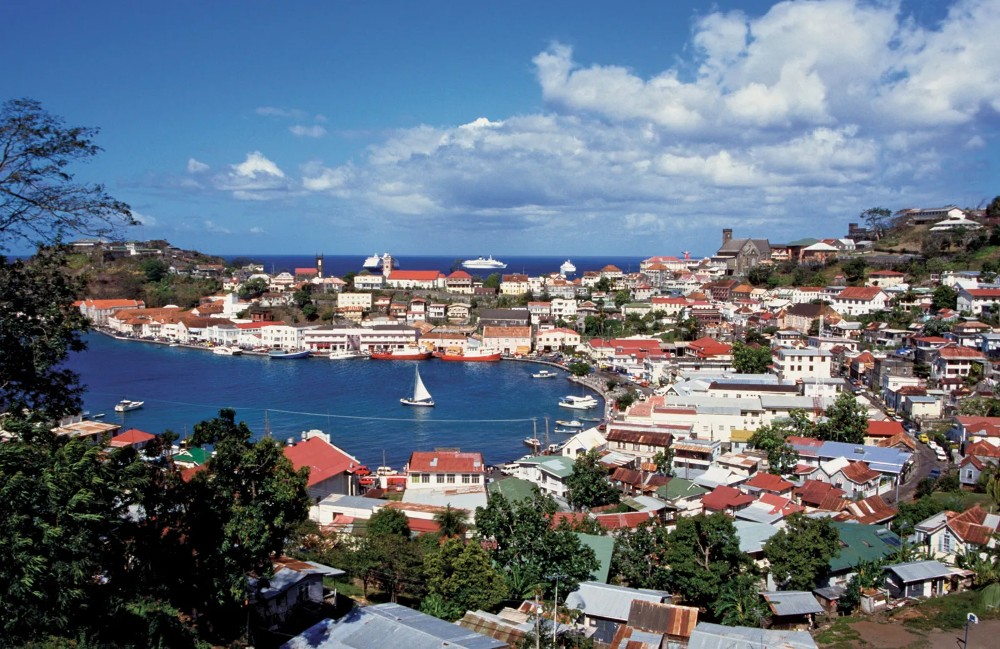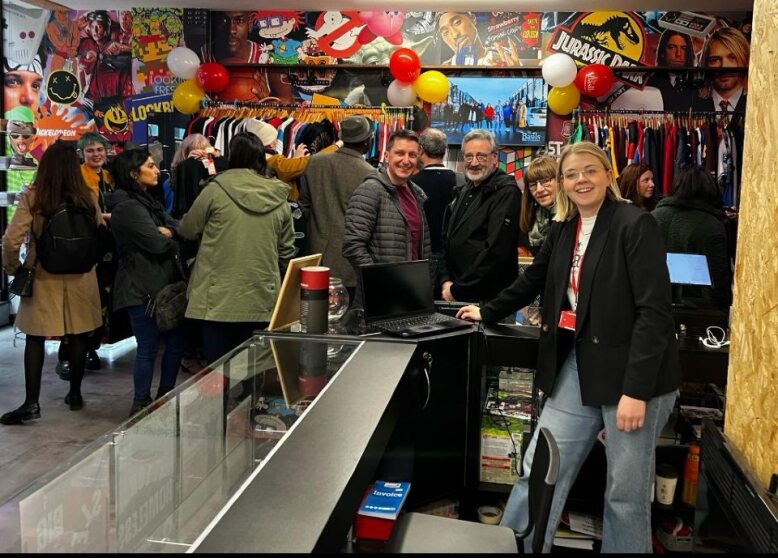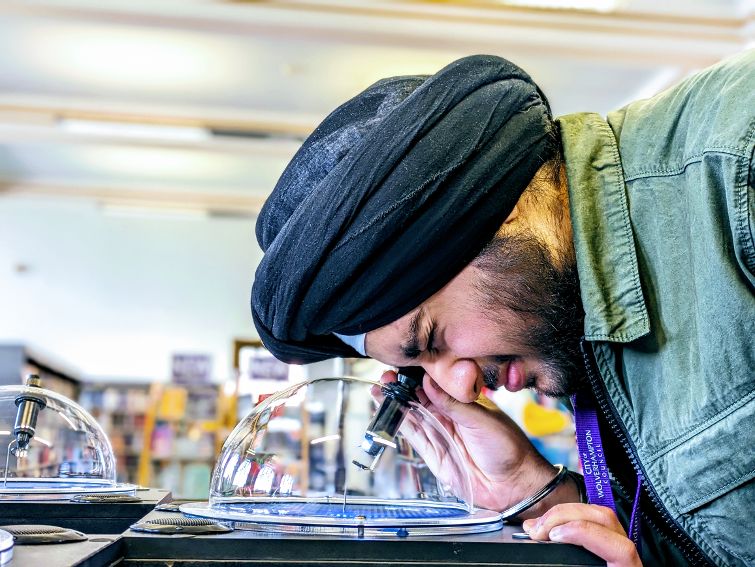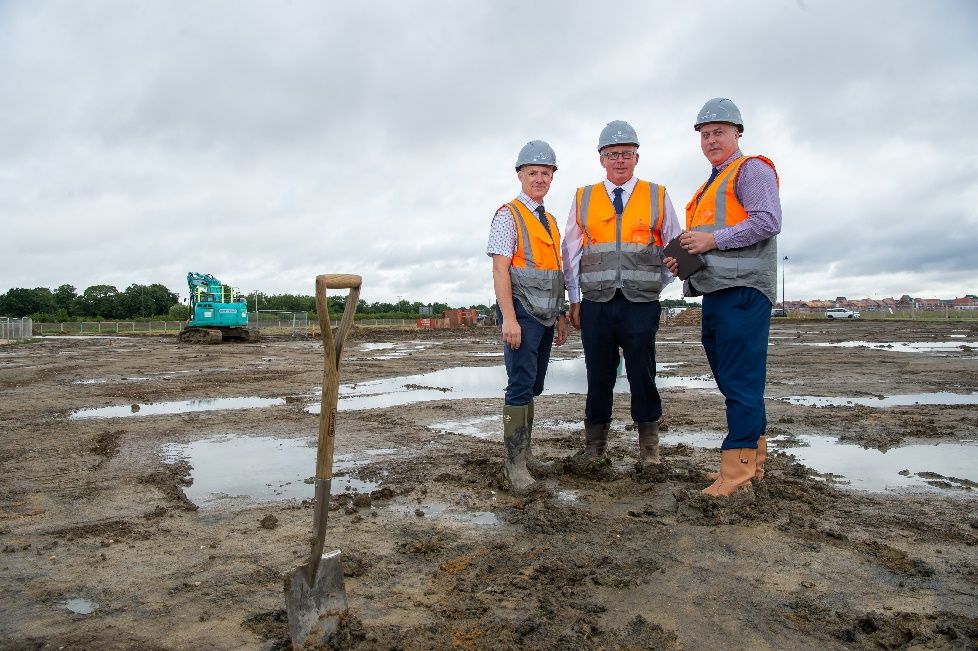Major international aid organisations in the UK have teamed up for the first time to front a new campaign showcasing the positive impact UK aid has within lower income countries and the vital role the UK plays. Forming the Aid Alliance, the consortium, including organisations such as Care and ActionAid, will help to reignite belief in the power of ‘helping’ each other and the progress happening every day thanks to aid and the work we do with communities around the world.
Despite many people thinking that the world is getting worse, the British public has a strong track record for supporting the delivery of humanitarian and development assistance around the world, and new research by The Good Side has revealed that actually, people in the West Midlands are secret helpers, with 66% preferring to donate privately and only 23% wanting to be recognised for their donation.
When donating online, 58% of people in the West Midlands don’t leave their name so that they can remain anonymous. This desire to go under the radar when donating is reflected in the fact that 45% of people don’t think that anyone they know donates to international aid organisations, and 29% are unsure.
Professor Adrian Sargeant, Co-Founder and Co-Director at the Institute for Sustainable Philanthropy, says: “We may assume that giving is always a selfless act, but actually it can contribute a lot to the way we self-identify as individuals and the role we play in society. The act of giving and knowing you are supporting people around the world is enough to give us the sense of morality we all look for, positively impacting our wellbeing – long may this continue. Given the difficult times that many of us have faced over the past two years during the pandemic - it has never been more important to celebrate this global sense of community and feel proud of the great work that has been accomplished to date.”
Overwhelmed by doom-laden, negative social media content, and seeing the UK Government’s Aid budget being decreased, it’s understandable that many people have lost that sense of hope that they can make a positive impact on the world. That’s why the Aid Alliance wants to show people that progress is being made, that change is possible, and that through their generosity, development and humanitarian assistance is making a difference to people's lives every day.
Hasin Jahan, Country Director of WaterAid Bangladesh, says: “The vital work of WaterAid and other organisations has made a real impact in countries like Bangladesh, where I work – and this wouldn’t be possible without the generous help being given by people in the UK. Their donations have enabled us to support communities throughout Bangladesh, ensuring that they have safe water to drink. Access to clean water and a good hygiene saves thousands of lives every year, and it boosts productivity as it prevents people falling ill.
It’s so important that people know that their donations have made such a massive difference to people in Bangladesh, and the ongoing support enables us to continue our life-saving work with the communities. Only by working together we can change the world.”
Clear evidence of that progress can be found across the world; millions more people have access to education and clean water and more than one billion people are no longer living in poverty, polio has almost been eradicated and in the last 15 years the proportion of children dying before their 5th birthday has dropped from 32% to less than 4% today.
Richard Curtis, Co-founder Comic Relief, Make Poverty History and UN Advocate for Sustainable Development goals, says: “I found the We The Helpers film a real timely and emotional reminder about the importance of Aid - and its very personal nature. Aid is not about vague swathes of money being transferred to vague projects. It's about precious individuals being helped in all sorts of incredibly important ways - in times of crisis, and in the face of long-term poverty and hardship. This film shows the passion and courage of so many helpers on the ground, in the thick of it with the right resources at the right time"
Recognising the importance of international aid and the emotional reward people get from helping to make the world a better place is a key driver for donating. The research reveals the key reasons people in the West Midlands give to international aid organisations, with a belief that we have a duty to help people across the world coming out strongly for 42% of respondents, whilst trying to make the world a better place is key for 38% and getting a sense of purpose important to 28%.
Despite the challenges faced by many over the course of the pandemic, 38% of people in the West Midlands have donated to charity within the last year – showing the generosity and spirit of the UK to continue to stand in solidarity with marginalised communities facing climate change, conflict, and Covid-19 even when times are tough. Across the UK, the findings show that over 55s are the most likely to have donated than under 55s (49% vs 36%) with 75-84 being biggest charity donors (52%).
Kirsty McNeill, Save the Children's Executive Director of Policy, Advocacy and Campaign, says: “These findings show the British public are both brilliant and bashful. We don’t want to show off about all the ways we’re helping, but we do want to make a difference and the really good news is that we are. We are making progress, together, every single day thanks to the helpers. Whether you’ve responded to an appeal, sponsored a friend to do an event, dropped something off at a charity shop, taken a campaign action or just pay your taxes, know that you’re one of the helpers who is saving and changing lives through aid.”
Launching today, the campaign will put a focus on the importance of international aid via a video focusing on showing where and how money donated is being spent overseas. Titled ‘We The Helpers’ the film highlights human stories of front line workers as a reminder of the power of helping and the impact international aid is making.



